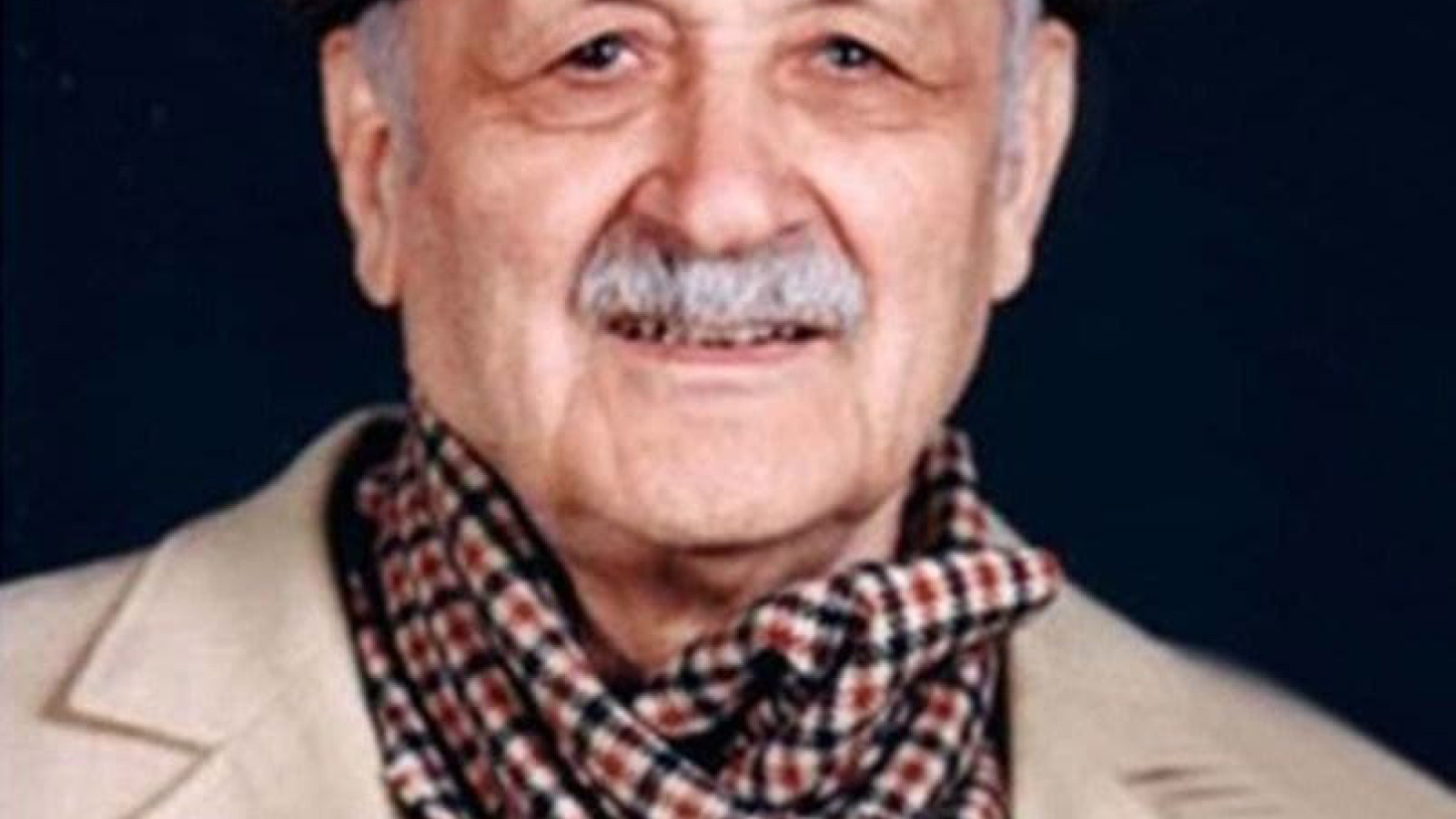
Abdolhossein Zarrinkoob, a scholar of Iranian literature, historian, literary critic, writer, and translator, was born on Esfand 27, 1301 SH, in Borujerd, Lorestan Province. He is one of the prominent historians in Iran and has great books on the history of Iran and Islam.
He wrote about his life: “if you ask me about my life, in brief, I spent a lot of time in school and I could not find what people search for in book and school. I still search for it after 70 years everywhere and I have no clue. I went to kuttab when I was five, where I became familiar with the short surahs of the Holy Quran. I studied elementary school and a part of high school in my birthplace, but I finished it in Tehran.” After finishing high school, despite becoming a top student in law, he was forced to leave Tehran due to his father’s demand and worked as a teacher from 1320 to 1324 SH in Lorestan. In 1324 SH, he achieved the first place in university entrance exams in Faculty of Literature and Faculty of Theology and Islamic Studies. He resumed his studies in University of Tehran by choosing Persian literature and continued till he received his Ph.D. from University of Tehran in 1334 SH under the supervision of Badiozzaman Forouzanfar. He thought the history of Islam, history of religion, history of ʿIlm al-Kalām and debates of cults, history of Islamic Sufism, and history of sciences from 1335 SH in the university of Tehran.
Between 1347 and 1349 SH, he was occupied with teaching Persian literature, history of Iran, and Persian Sufism in Princeton University and University of California, Los Angeles. After a while, he returned to University of Tehran because of the demand and obligation of the headmaster of university of Tehran. Zarrinkoob left behind lots of writings and essays which are some of the most popular books among Iranians. There are a lot of samples such as Az Kooche-ye Rendan (about Hafez’s life and thoughts), Bahr dar Koozeh (Sea in a Jug, the analysis of the Molana’s stories in his Masnavi), Pelleh-Pelleh ta Mulaqat-e Khuda ("Step by Step until Visiting God", about Molana’s life, behaviors, and thoughts), Farar Az Madrasa, (“Escape from school", about Al-Ghazali’s life and his beliefs).
This master died of heart disease on Shahrivar 24, 1378 and was buried in artists’ cemetery, Behesht-e Zahra, next to his wife Ghamar Arian. Fereydoon Moshiri wrote an elegy for him: “you exist no more to see how your perfume flow in the depth of moments/ how your images are shown in lights of glasses / how your memory continues to live greenly…”